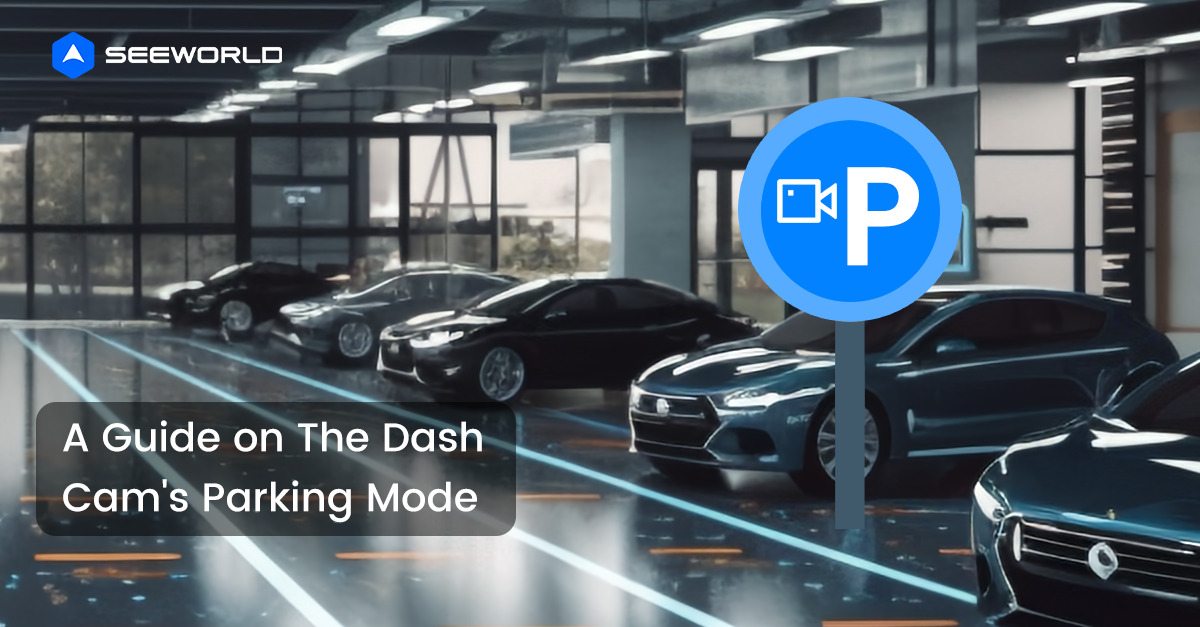Logistics is an ever-expanding industry that involves transporting goods and services from one place to another.
While this industry has grown immensely in recent years, it still faces many challenges that hinder the efforts of moving goods efficiently and profitably.
These challenges include delivery delays, damaged goods, lack of real-time visibility, high operational costs, and more.
Fortunately, GPS tracking has emerged as a prime solution for overcoming these challenges and revolutionizing the logistics industry as a whole.
Common Challenges Faced with the Logistics Industry
In today’s fast-paced world, the logistics industry is facing several challenges that are impeding its growth and success.
Some of these issues include:
– Delivery delays due to unexpected accidents, traffic, and weather conditions.
– Damaged goods and cargo due to poor handling during transit.
– High operational costs, such as fuel, vehicle maintenance, and labor expenses.
– Inability to track goods and assets in real-time, creating a lack of visibility and control.
– Inadequate inventory management, leading to stockouts and overstocking.
How GPS Tracking Benefits the Logistics Industry
Here are some specific ways in which GPS tracking can benefit the logistics industry:
Real-time location tracking of shipments and assets. GPS trackers can provide real-time location tracking of shipments and assets, enabling logistics companies to monitor their assets and inform customers about the status and estimated delivery time of their goods.
Improved supply chain efficiency. With real-time visibility into their supply chains, logistics companies can streamline their operations, optimize routes, and reduce the likelihood of delivery delays or stockouts.
Enhanced customer experience. By providing accurate and timely updates on the status of shipments, logistics companies can improve the overall customer experience. This can help businesses build and maintain customer loyalty.
Increased safety of shipments and personnel. GPS trackers can also help improve the safety and security of shipments as well as the personnel involved in logistics operations. With real-time tracking, companies can quickly respond to unexpected accidents, thefts, or natural disasters.
GPS Tracking Applications in Logistics
GPS tracking has several applications in the logistics industry, such as:
Fleet management. Fleet tracking can help companies track their vehicles in real time, optimize routes, improve fuel efficiency, and reduce operating costs.
Inventory management. By providing real-time visibility into their inventory levels and movements, companies can ensure their products are always available, reduce overstocking or stockouts, and manage warehouse operations more efficiently.
Asset tracking. GPS trackers can help companies track their assets, such as cargo containers, trailers, and other equipment, and ensure their safe and timely delivery.
Route optimization. GPS tracking can help companies optimize their routes, reduce delivery time, and avoid delays or traffic congestion by providing real-time information.
Case Studies: Successful Implementation of GPS Tracking
Here are some successful case studies of companies that have implemented GPS tracking in their logistics operations:
Amazon’s use of GPS tracking for delivery optimization
Amazon uses GPS tracking to optimize its delivery process and provide customers with precise delivery times.
GPS tracking helps reduce delivery delays, track lost packages, and provide real-time updates to customers.
Maersk Line’s use of GPS tracking for route optimization
Maersk, a global shipping company, uses GPS tracking to optimize its shipping routes, reduce fuel consumption, and improve efficiency while ensuring safety.
Coca-Cola’s use of GPS tracking for asset management
Coca-Cola uses GPS tracking to manage its assets, including trucks, vending machines, and other equipment.
The technology helps the company track its assets, monitor their performance, and ensure their timely maintenance.
Future of GPS Tracking in Logistics
The future of GPS tracking in logistics is promising and full of potential.
The technology will continue to evolve and integrate with other advanced technologies such as the Internet of Things (IoT), Artificial Intelligence (AI), and Big Data Analytics, providing even more precise and valuable insights into logistics operations.
Conclusion
GPS tracking is a game-changing technology for the logistics industry. It can provide real-time visibility, reduce delivery delays, improve efficiency, and enhance customer experience.
The implementation of GPS tracking requires careful planning, regular maintenance, and communication with stakeholders.
As the technology continues to evolve, the industry will continue to benefit from its use, improving the overall performance and profitability of logistics operations.






